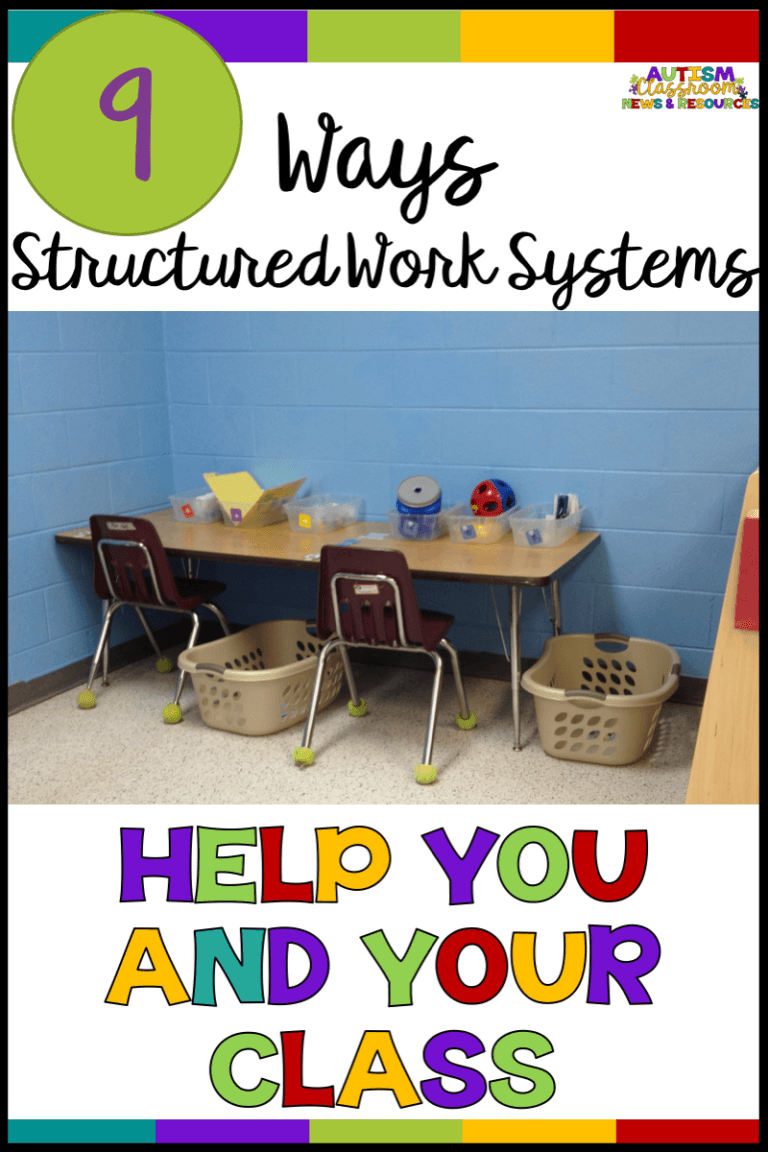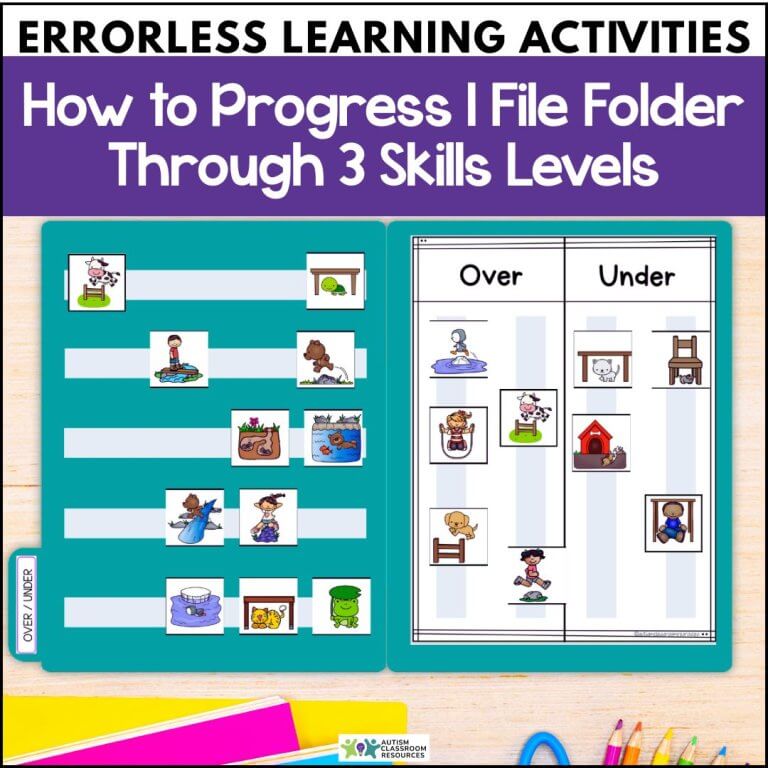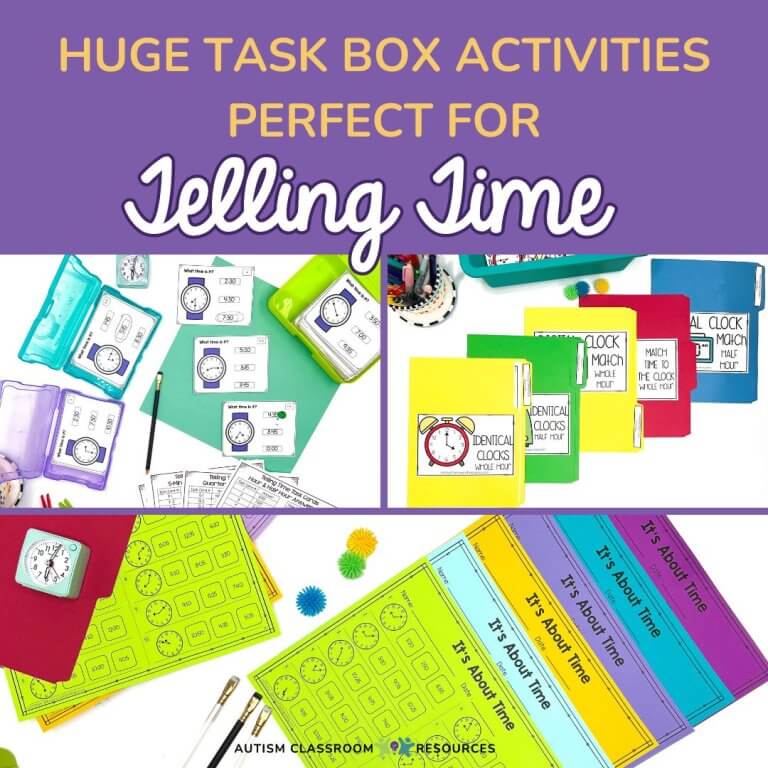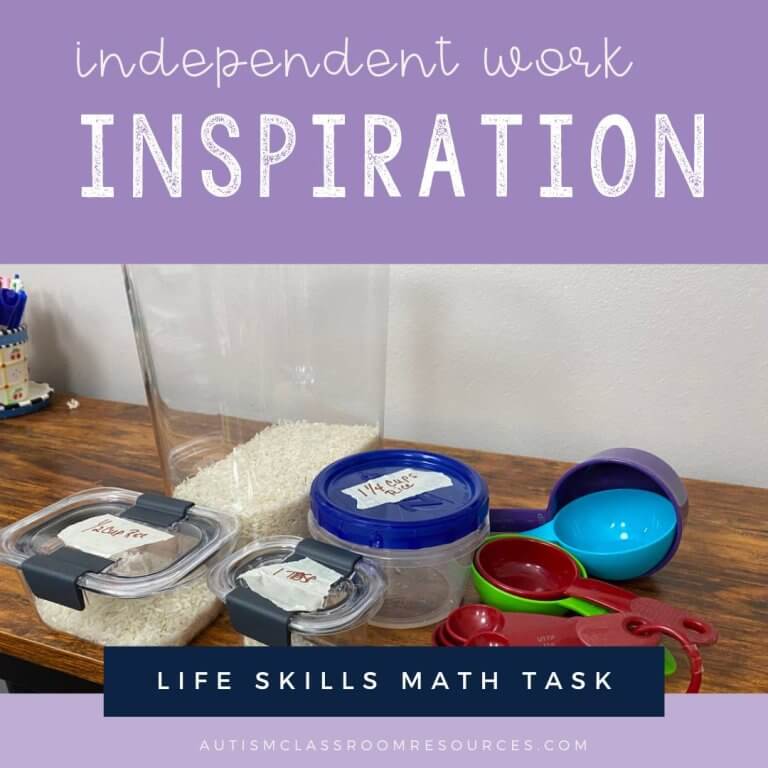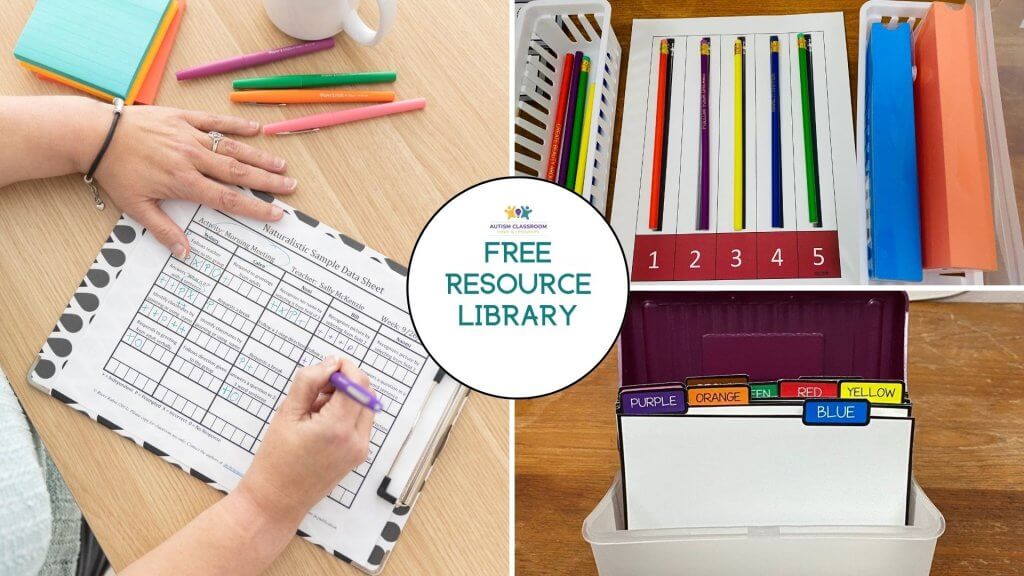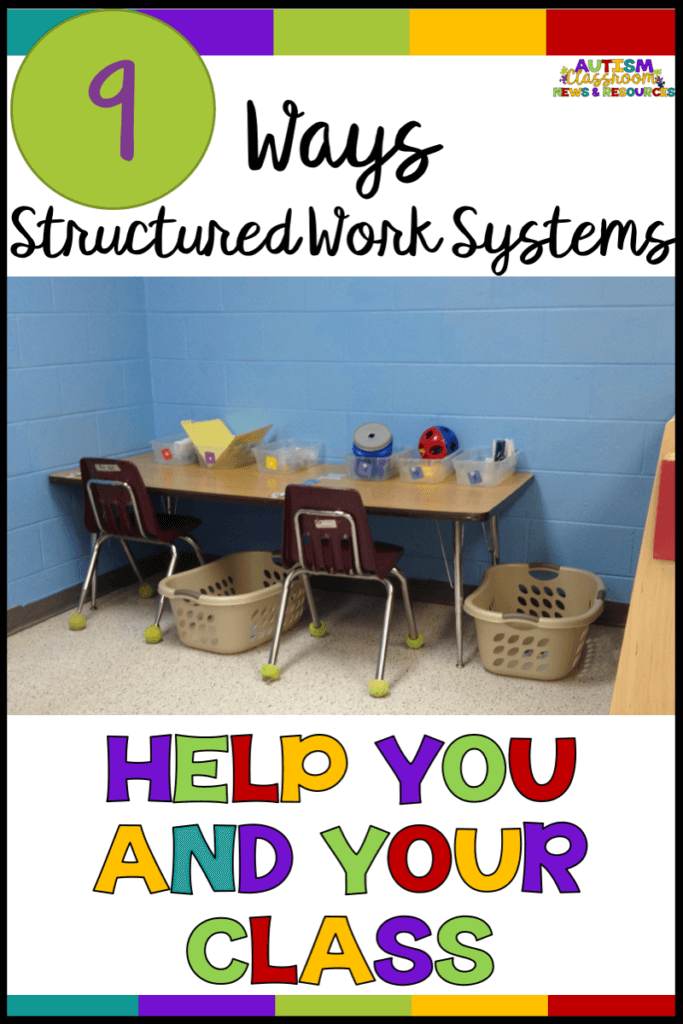
In my last post I talked about 5 reasons our students need structured work systems in their schedule. Today I want to talk specifically about the benefits of structured work systems for the student but also for the classroom. And in the next post I’ll talk about the benefits to home environments and work sites.
Benefits to the Student
If you have followed this blog for any time, you know I’m pretty student-centered. If you’ve ever asked me a question, you know my answer is often, “It depends on the student.” So, not surprisingly, I’m going to start with the benefits to the student.
I talked about some of these in the last post, but this list is going to go just a bit farther in terms of what the student LEARNS from independent work, in addition to independence.
- Independence: Yes, independence is a life skill and a critical one too. So avoiding getting dependent on prompts and being independent is a huge benefit.
- Maintenance I talked about this in the last post but the extra practice allows our students to maintain their skills.
- Generalization Independent work systems also help students generalize mastered skills to different settings and materials.
- Fluency Structured work systems also help our students build fluency in their skills. Practicing the skills helps them access those skills faster and more efficiently. So, it helps them use those skills for more complex tasks.
- Pride in Work / Self-Esteem Yes, I’m a behavior analyst so I have a hard time writing about things I can’t measure very effectively. However, we can’t deny that we all feel pride when we accomplish something. And accomplishments make us feel better about ourselves. Our students spend a good amount of time working on things that are challenging. Having time during the day when they know they can complete the work we give them can help them feel more confident. It’s one of the reasons that independent work is sometimes their favorite part of the day.
- Maintain engagement without supervision. Many of our students in special education really struggle with what to do with their time when someone isn’t specifically directing them. Independent work is a time to practice being engaged in tasks without supervision.
[socialpug_tweet tweet=”Want to work with smaller groups of students and still have everyone engaged? Try structured work systems.” display_tweet=”Want to work with smaller groups of students and still have everyone engaged? Try structured work systems.” style=”2″]
Benefits to the Classroom
In addition to benefits for the student, there are reasons YOU should be doing structured work systems to help your classroom. Here are a few.
- Work With Smaller Groups: Structured work systems, once learned, allow the teacher to work with other students while one or more children are using independent work systems. This way you can break your groups down into smaller numbers for more individualized instruction.
- Reduce Challenging Behavior: Because students are actively engaged in activities while the teacher isn’t working with them, you see a reduction in stereotypical (often called self-stim) behaviors. The break from direct instruction can also result in fewer escape-related behaviors across the day.
- Train Paraprofessionals to Implement: Before students know how to use work systems, the system lends itself easily to having volunteers or paras run the center. This is great for those of you who cannot have paraprofessionals provide direct instruction. This way they are engaging with the students, the students are engaged, but you are free to teach.

